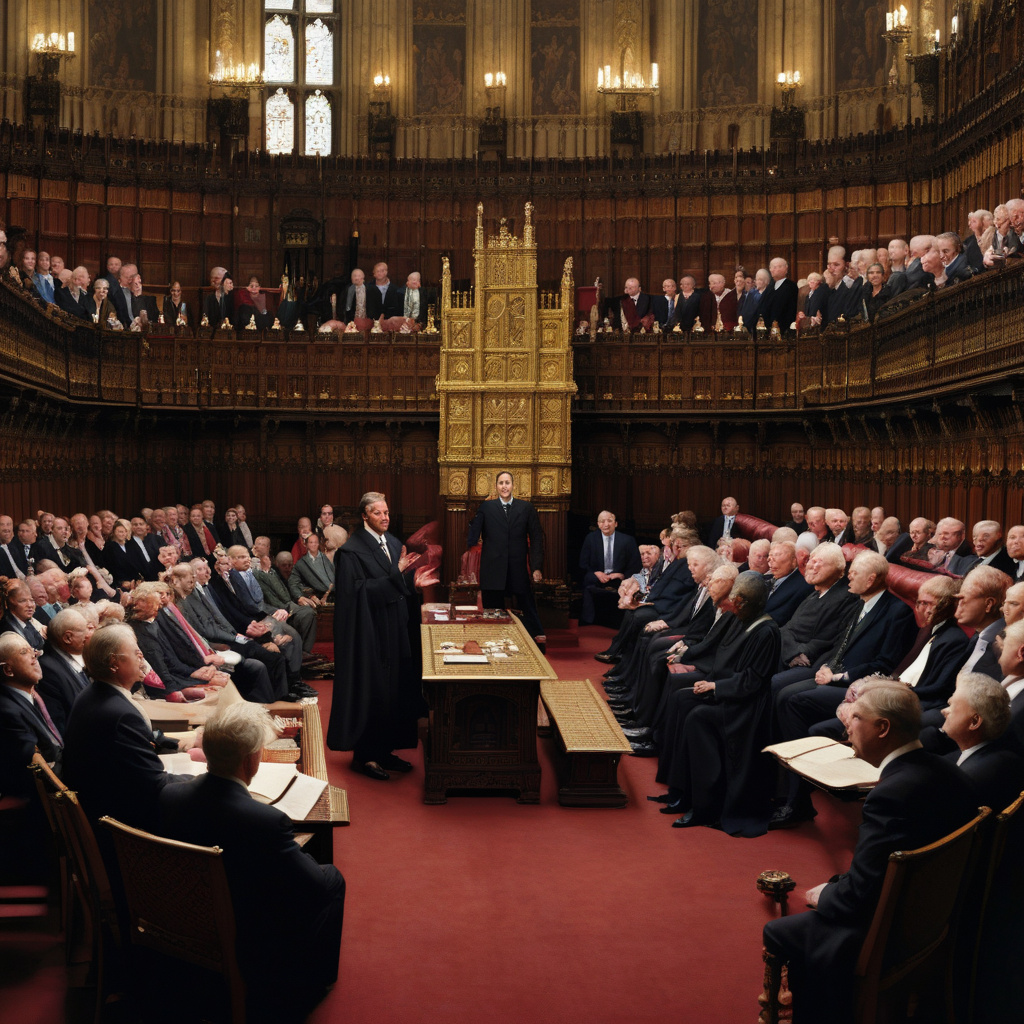Lords Uphold Decision to Reject UK AI Copyright Bill Once More
The ongoing debate surrounding artificial intelligence (AI) and copyright laws has once again taken center stage in the UK, as the House of Lords recently reiterated its stance against a proposed AI copyright bill. The legislative body remains steadfast in its belief that the advancement of AI technology should not overshadow the rights of artists and their entitlement to fair compensation for their work.
At the heart of the matter lies the delicate balance between fostering innovation through AI development and protecting the creative endeavors of artists. While AI has undoubtedly revolutionized various industries, including music, literature, and visual arts, concerns have been raised regarding the potential exploitation of copyrighted material without proper attribution or remuneration.
The House of Lords’ rejection of the AI copyright bill underscores its commitment to upholding the principles of intellectual property rights and ensuring that artists receive due recognition and financial reward for their creations. By emphasizing the importance of safeguarding artists’ rights, the Lords are sending a clear message that technological progress should not come at the expense of ethical considerations and legal protections.
Supporters of the bill argue that AI has the potential to enhance the creative process, streamline content production, and expand the reach of artistic works to a wider audience. Proponents believe that by embracing AI technologies, artists can unlock new possibilities for innovation and self-expression, ultimately benefiting both creators and consumers alike.
However, skeptics raise valid concerns about the potential misuse of AI-generated content and the erosion of traditional copyright norms. Without adequate safeguards in place, there is a risk that AI could be used to replicate, modify, or distribute copyrighted material without proper authorization, leading to issues of infringement and exploitation.
To address these complex challenges, policymakers, industry stakeholders, and legal experts must work together to develop comprehensive guidelines and regulations that strike a balance between technological advancement and creative integrity. By establishing clear standards for the use of AI in the context of copyright law, it is possible to harness the full potential of AI while upholding the rights of artists and creators.
Ultimately, the rejection of the AI copyright bill by the House of Lords serves as a poignant reminder of the importance of ethical considerations and legal protections in the ever-evolving landscape of AI and digital innovation. By prioritizing the interests of artists and ensuring fair compensation for their contributions, policymakers can pave the way for a more sustainable and equitable future for creativity in the digital age.
AI, Copyright, House of Lords, Artists’ Rights, Fair Compensation
